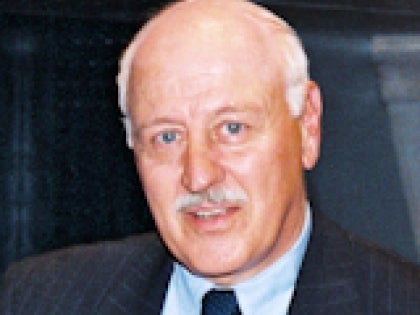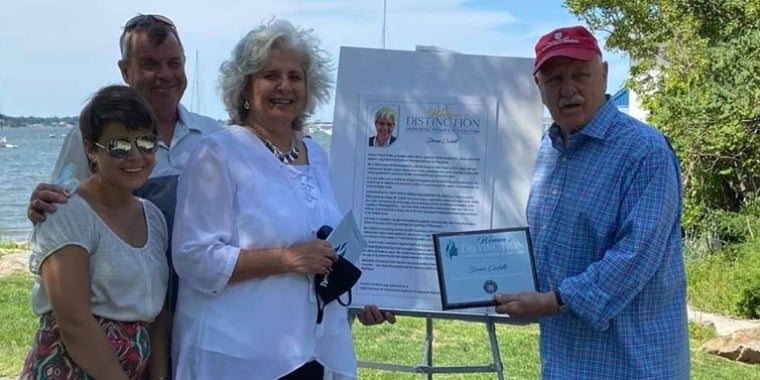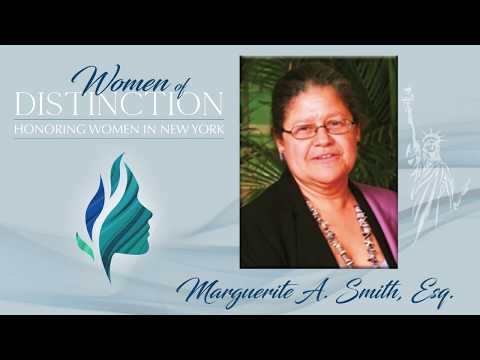
LaValle Water Protection Bills Pass Senate
Kenneth P. LaValle
June 21, 2012
New York State Senator Kenneth P. LaValle said the Senate today gave final legislative passage to a bill he co-sponsored that increases the amount of information available to the public when discharges of untreated or partially treated sewage to the state’s waterways could affect public health. The Sewage Pollution Right to Know Act (S6268D) requires prompt notification of such sewage discharges so that the public has the information they need to make decisions about water based recreation like swimming, boating, and fishing.
“This bill expands reporting requirements so that the public has information to make informed decisions about possible exposure when sewage discharges occur that have the potential to make people ill,” Senator LaValle said.
Discharges of untreated or partially treated sewage to the state’s waterways include contaminants and pollutants, pathogens, bacteria and toxins can raise public health, safety and environmental concerns. Current notification procedures have proven inadequate in disseminating information when discharges that could affect public health occur. Prompt notification of these discharge events would help the public have the information needed to limit recreational uses and activities so that people can be protected from potential exposure to contamination.
Publicly Owned Treatment Works or the operator of a publicly owned sewer system would be required to comply with expanded reporting requirements when a discharge occurs. When public health could be impacted, the bill includes a public notification requirement that would be specified upon development of regulations by the state Department of Environmental Conservation.
The bill has passed the Assembly and will be sent to the Governor.
LaValle said this bill and his bill to allow town boards of any town to establish or extend a watershed protection improvement district, that also passed the Senate today, came out of discussions during his annual Environmental Roundtable held each February. Watershed protection improvement districts create a dedicated, sustainable local funding source, with equitable shared costs to raise funds to install and maintain the following: storm water treatment, drainage and infiltration projects, septic system upgrades, alternative septic systems, conservation landscaping, storm water collection devices, and natural shorelines and shoreline buffers.
Share this Article or Press Release
Newsroom
Go to Newsroom


